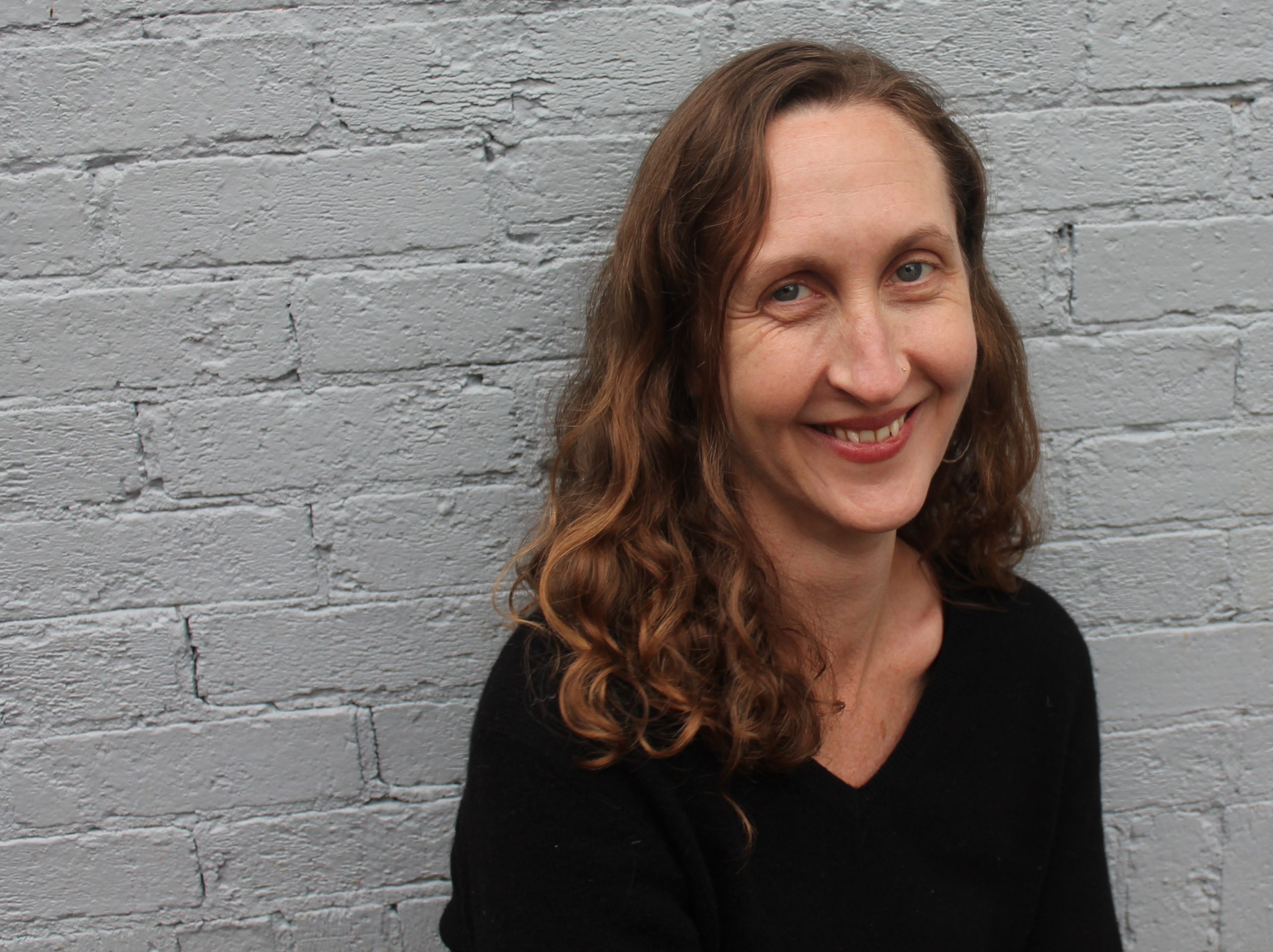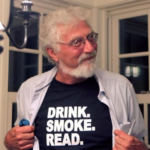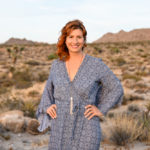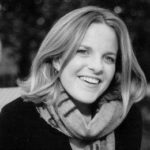Anne P. Beatty’s essays on her experiences in the Peace Corps in Nepal, along with various other pursuits related to traveling and teaching, appear in the American Scholar, Salon, Shenandoah, Creative Nonfiction, and elsewhere. Her work was listed among The Best American Essays 2019 Notable Essays. She lives with her husband and three children in Greensboro, North Carolina, where she teaches high school English.
How did you get started traveling?
In college, I studied abroad in Northern Ireland, and that experience led me to join the Peace Corps after college. As a volunteer living in Nepal for a few years, I took various trips to nearby places—Darjeeling, Cambodia, Thailand. Those experiences made me love traveling and taught me the different pros and cons of living in a foreign country versus passing through.
How did you get started writing?
I’ve been scrawling in notebooks for as long as I can remember, and I studied fiction writing in college, but for most of my adult life I’ve written nonfiction. The letters I sent home from Nepal, which my family photocopied and circulated among friends, were my first foray into creative nonfiction. I found myself blending personal experience with a kind of reportage that I would not call journalism—I’ve never thought of myself as a journalist and wasn’t trained in that field. Rather, I wrote personal observations of larger cultural events or phenomena. Later, I began writing essays to sift through and make sense of the experiences I’d had in various cultures.
What do you consider your first “break” as a writer?
I credit the American Scholar with plucking one of my essays from the slush pile. That was my first publication, in 2012. The editors there have been so supportive of my writing ever since, and the wonderful experience of working with them through editing and fact-checking to see that first essay in print gave me the confidence to continue submitting. I’m grateful to the folks there for encouraging my work and giving it a home.
As a traveler and fact/story gatherer, what is your biggest challenge on the road?
The truth is, between the pandemic and having kids, recently I have not been traveling as much as I would like. Those challenges feel like the most immediate obstacle. But I’ve found that I’m able to write from memories, recalling past trips or even trying to look at places as familiar as my hometown with the eyes of a visitor: what stories are waiting to be told here? How would an outsider see this place?
However, when I was able to travel more, I often felt frustrated by my awareness of how much I didn’t know about a place. Two weeks will only tell you so much; what would you see after two months, two years, two decades? I spent a year traveling through Central and South America and the whole time I was disturbed—rightly so, I think—by the notion of myself as an outsider passing through who only understood a fraction of what I saw. You know you’re missing things, but you don’t know what they are. For writers, this situation requires a balancing act between telling what you do know or see and acknowledging the gaps.
What is your biggest challenge in the research and writing process?
Figuring out what the story is—being open to what I see, hear, and notice, recording as much as possible, without subscribing to a fixed idea of what the story is. It’s hard to be open to discovery because it can feel like floundering—so many details, but what is the through-line? I have come to recognize that this mess, the sense of not having a clear idea of what the story will be, is an essential step to letting the story complicate itself. The work is better when I let it become something more honest and stranger than what I initially had in mind. When I’m knee-deep in it, though, I have to remind myself that the not-knowing is a phase, rather than a sign the piece is failing.
What is your biggest challenge from a business standpoint?
I don’t really see writing as a business. While I have great admiration for those who can make their living as writers, I never have. Sometimes I make money from my writing, sometimes I write for free. When a check comes, it’s a lovely surprise, but usually I write without knowing when, or if, I’ll be paid for it.
Have you ever done other work to make ends meet?
Yes, always. I’m a high school English teacher, which allows a decent amount of time off for writing/traveling. At other times I’ve worked as a freelance editor. Teaching both feeds and drains my writing self. I have to enact boundaries and protect my time, because if I didn’t write until everything else had been crossed off the list, I’d never write. But my interaction with my students, and the wider world beyond my desk, helps me understand anew the stakes of the stories we write.
What travel authors or books might you recommend and/or have influenced you?
When I was younger, I read Bruce Chatwin and Paul Theroux, both of whom cultivated in me a desire to hop on a train or plane and end up somewhere unrecognizable. And Hemingway’s A Moveable Feast has long been one of my favorite books—I can pick it up at any page to get sucked into his vision of Paris, the life he renders in one lovely paragraph. More recently I’ve been turning to writers like Rebecca Solnit and Camille T. Dungy, along with writers I find in the Best American Travel Writing, Best American Essays, or Travelers’ Tales anthologies. I loved Rachel Kushner’s essay “We Are Orphans Here” on visiting a Palestinian refugee camp, and Rachel Kaadzi Ghansah’s essay on considering Baldwin in France, “The Weight of James Arthur Baldwin.” I like stumbling on essays about places I haven’t been with writing so vivid that the words and images stay with me for years.
What advice and/or warnings would you give to someone who is considering going into travel writing?
It’s been said before, but if you want to write, then write. Publishing, fame, fortune—those things may come, or, more likely, not; even if they do, they still may end up being false gods. But the act of seeing and writing to make sense of what’s there is a step we can take, for those of us with the option and inclination to do so.
What is the biggest reward of life as a travel writer?
I’m not sure I consider myself a travel writer—I don’t even want to confess the year I last left the country. But the biggest reward of life as a writer is that it gives you a kind of contemplative consciousness, a new way of seeing, that can act as an antidote to the frenzied pace at which so many of us find ourselves living. Writing takes me off the hamster wheel, slows me down, and gives me a way to understand more of this world.





